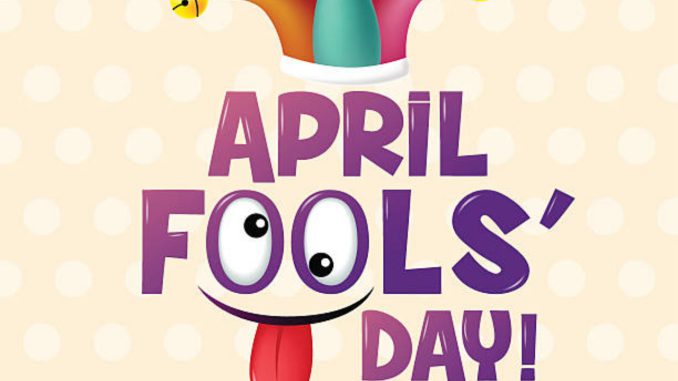
April Fools’ Day, which is observed on April 1 every year, has been observed by various cultures for generations, however, its actual roots are unknown. While the origins of April Fools’ Day are unknown, the media’s and large corporations’ acceptance of this unofficial holiday has handled to maintain its endurance over the years.
Origin of the April Fools’ Day
April Fools’ Day, according to some historians, began in 1582, when France moved from the Julian to the Gregorian calendar, as required by the Council of Trent in 1563. The new year began in the Julian Calendar, as it did in the Hindu calendar, around April 1st, with the spring equinox.
People who were slow to understand that the beginning of the new year had been changed to January 1 and proceeded to celebrate it around the last week of March to April 1 were generally the target of pranks and hoaxes and were labelled as “April fools. Paper fish were pasted on their backsides, and they were known to as “poisson d’avril” (April fish), which is thought to represent a youthful, readily caught fish and a naive victim. Historians have also tied April Fools’ Day to celebrations like Hilaria (Latin for cheerful), which was honored by devotees of the goddess of Cybele in the roman Empire at the end of March. It was supposed to be influenced by the Egyptian legends of Isis, Osiris, and Seth, and entailed folks dressing up in costumes and insulting fellow countrymen and even authorities.
History of April Fools’ Day
During the 18th century, April Fools’ Day became popular across the United Kingdom. In Scotland, the custom evolved into a two-day event, beginning with “hunting the gowk,” in which citizens were asked to do fictitious tasks (gowk is a Scottish word for “fool”), and ending with Tailie Day, which embroiled pranks on people’s behinds, such as attaching false tails or “kick me” labels on people.
Pranks and hoaxes played on 1st April
People have gone to a considerable extent to devise intricate April Fools’ Day hoaxes in today’s world. Magazines, radio and television stations, and webpages have all reported on bizarre false statements that have deceived their viewers on April 1st.
